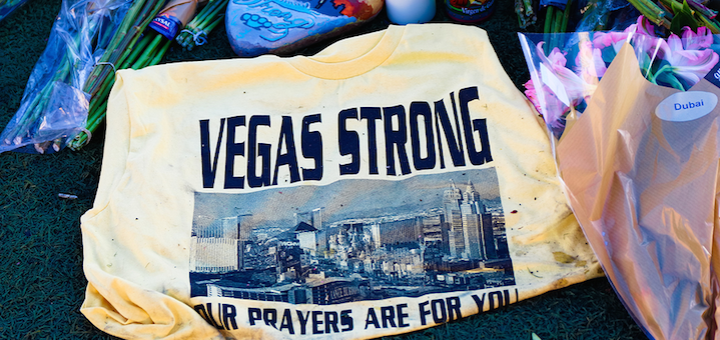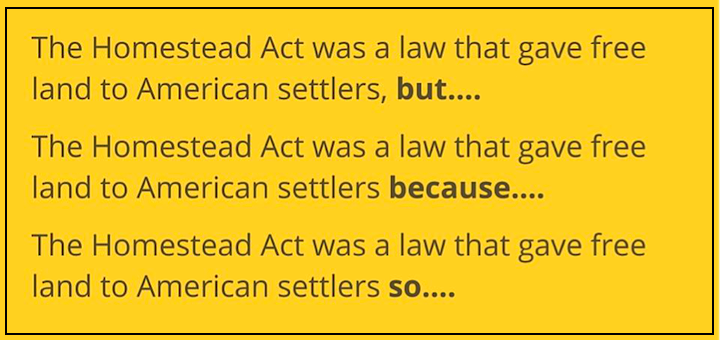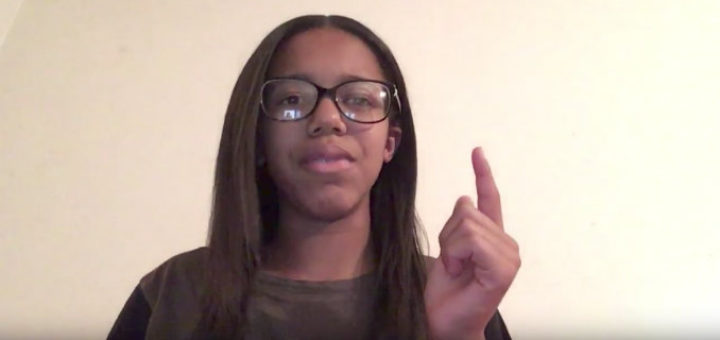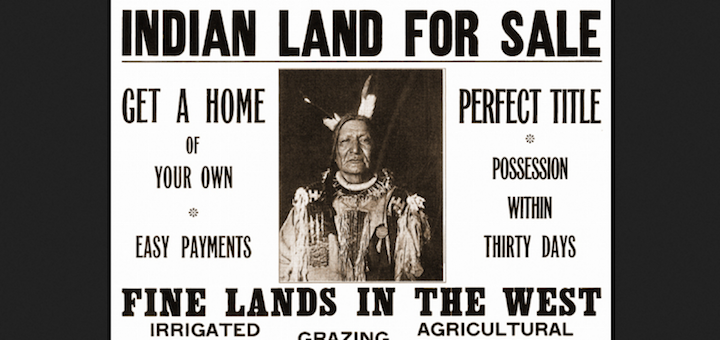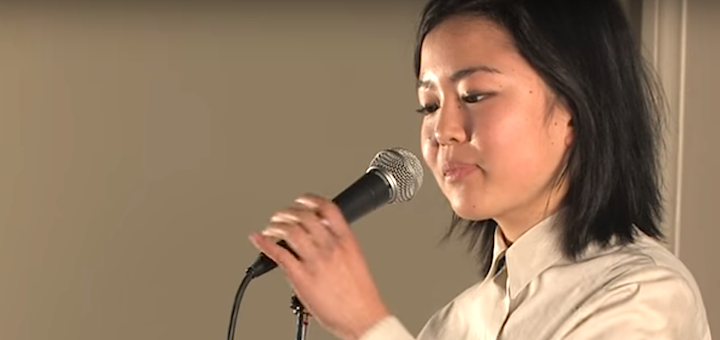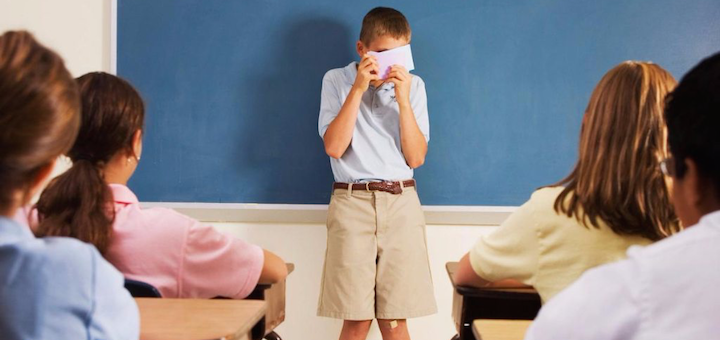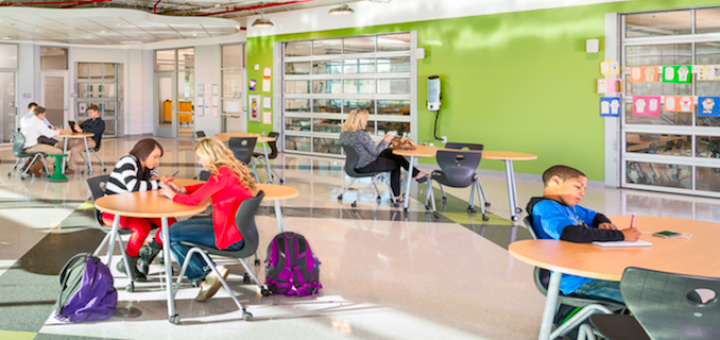Tagged: Future of History
Lauren Brown and her middle schoolers are in the sweet spot of the school year – settled after the holidays and with spring break in the distance – a perfect place to deepen learning built on established relationships and student skills developed over past months. Snow days help, too.
Recently Sarah Cooper’s history classes debated whether the electoral college should be abolished. Reflecting on the weeklong unit, Cooper concludes she “misstepped” in several ways. Learn what she plans to do differently next year, starting with a fresh debate topic.
Each day in Sarah Cooper’s 8th grade U.S. history class, they begin with a 5-minute discussion of current events. The sheer number of mass attacks in the United States this semester has pummeled Sarah and her students. She ponders how she and other teachers can continue to respond.
Lauren Brown’s eighth grade classes are undergoing a “writing revolution” since she discovered the ideas and strategies of Judith Hochman. Thanks to writing templates and explicit instruction, students are beginning to write more complex answers to history questions.
In a recent post, Sarah Cooper wrote about her fears surrounding a new current-events project – her 8th graders creating spoken poetry videos on issues of interest to them. Here she reviews the experience and its power to create community as it engaged her students.
There’s no perfect teaching recipe that balances patriotism and civic responsibility, says middle school history teacher Lauren Brown. But if educators attempt to ignore the low points in America’s past, they’ll insult students’ intelligence and lose their trust.
History teacher Sarah Cooper is enthusiastically barreling into the year with a totally untried project. It asks eighth graders to research a current issue in the news that they’re passionate about, then write and film their own spoken word poem. What could go wrong?
A history teacher’s role is to transmute history into stories and lessons that engage and inform students. Sarah Cooper shares a think-aloud “wondering” about ways to incorporate some of her summer professional reading into middle school history classes this year.
We all want our students to contribute more to class by doing more of the talking. But getting kids to participate effectively is easier said than done. Lauren Brown applies Erik Palmer’s PVLEGS and Dave Stuart Jr.’s pop-up debates to help students grow as speakers.
Amid a near-universal celebration of collaborative, interactive work as a 21st century reality and ideal, teacher Sarah Cooper investigates something we so often forget in our classrooms and our schools: the need for quiet space and the challenges of achieving it.



